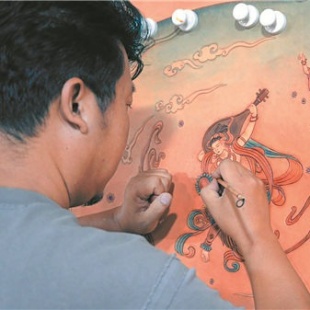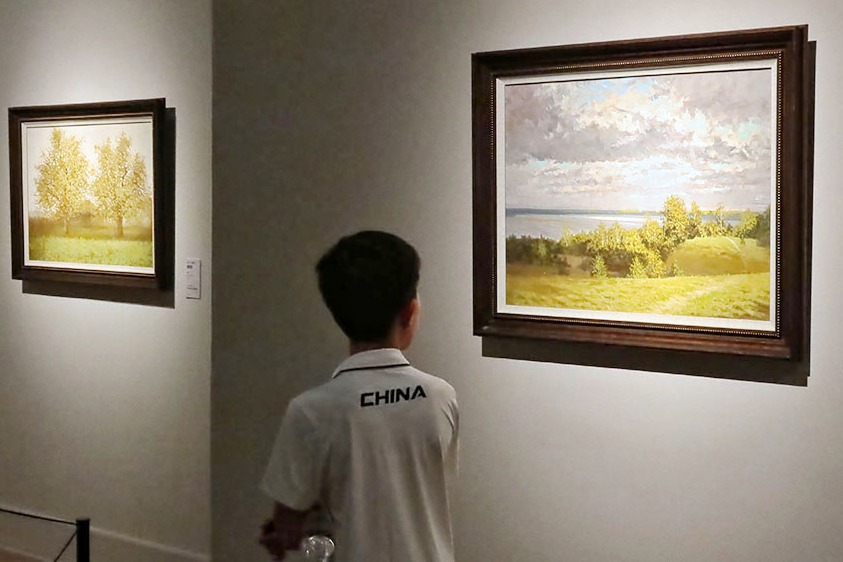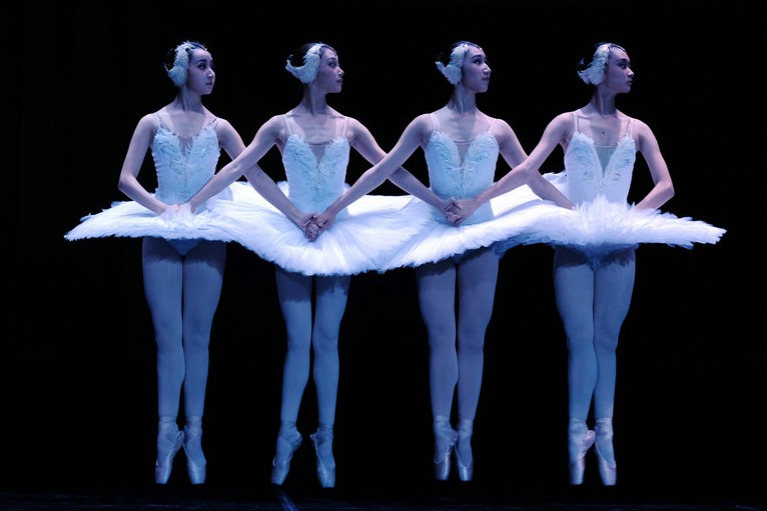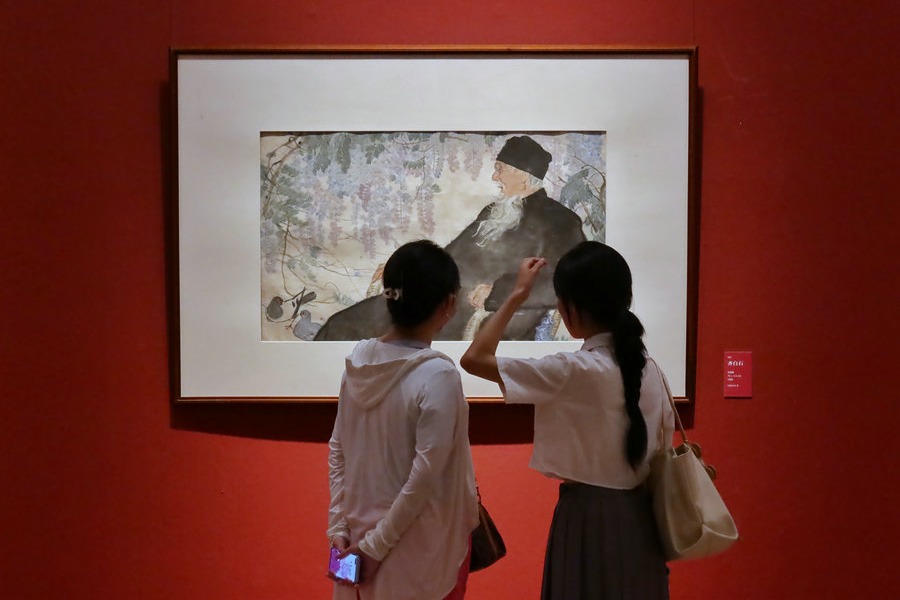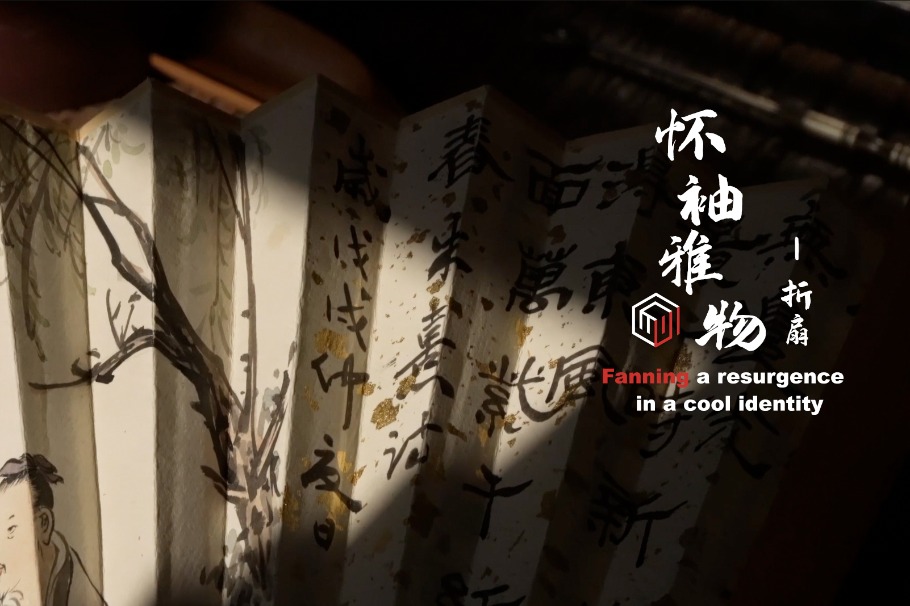Leather art connects past and present


Skills that originated centuries ago among Mongolian craftspeople still used by artisans today brings about a revival, Yang Feiyue reports.
Blooming flowers, galloping horses and spectacular mountainous landscapes seem to spike your senses when walking into Jia Hongwei's leather painting facility in Hohhot, North China's Inner Mongolia autonomous region.
Those vivid images give off a leathery sheen under the light. Observed at close quarters, they are all delicately sculpted out of a single cowhide.
"Leather carving artworks feature a rich variety of subjects, including life scenes of various ethnic groups along the Yellow River, vibrant and beautiful peony flowers, majestic eagles spreading their wings in flight, and proud, elegant peacocks," says Jia who was born and raised in the region.
"Anything that can be painted on paper can also be depicted on leather," he says.
Widely considered a microcosm of herdsman culture and an important cargo on the tea road that used to connect East China's Fujian province all the way to Mongolia and Russia, leather painting from the autonomous region was named a national intangible cultural heritage in 2021.
The art form evolved from the Mongolian people's long-term use of leather and has a rich history and culture.
During the Song (960-1279) and Liao (916-1125) dynasties, the Mongolian people not only made leather clothing, boots and bags but also engraved texts and recorded events on the material.
This marked the emergence of the earliest leather carving work, according to Yan Lirong, a scholar from the School of Art and Design, Inner Mongolia University of Science and Technology based in the region's Baotou city.
In the Yuan Dynasty (1271-1368), the variety of leather materials used in Mongolian carving expanded to include sheepskin, bearskin and cowhide.
The leather was also made into protective clothing for the army and boots for civilians.


